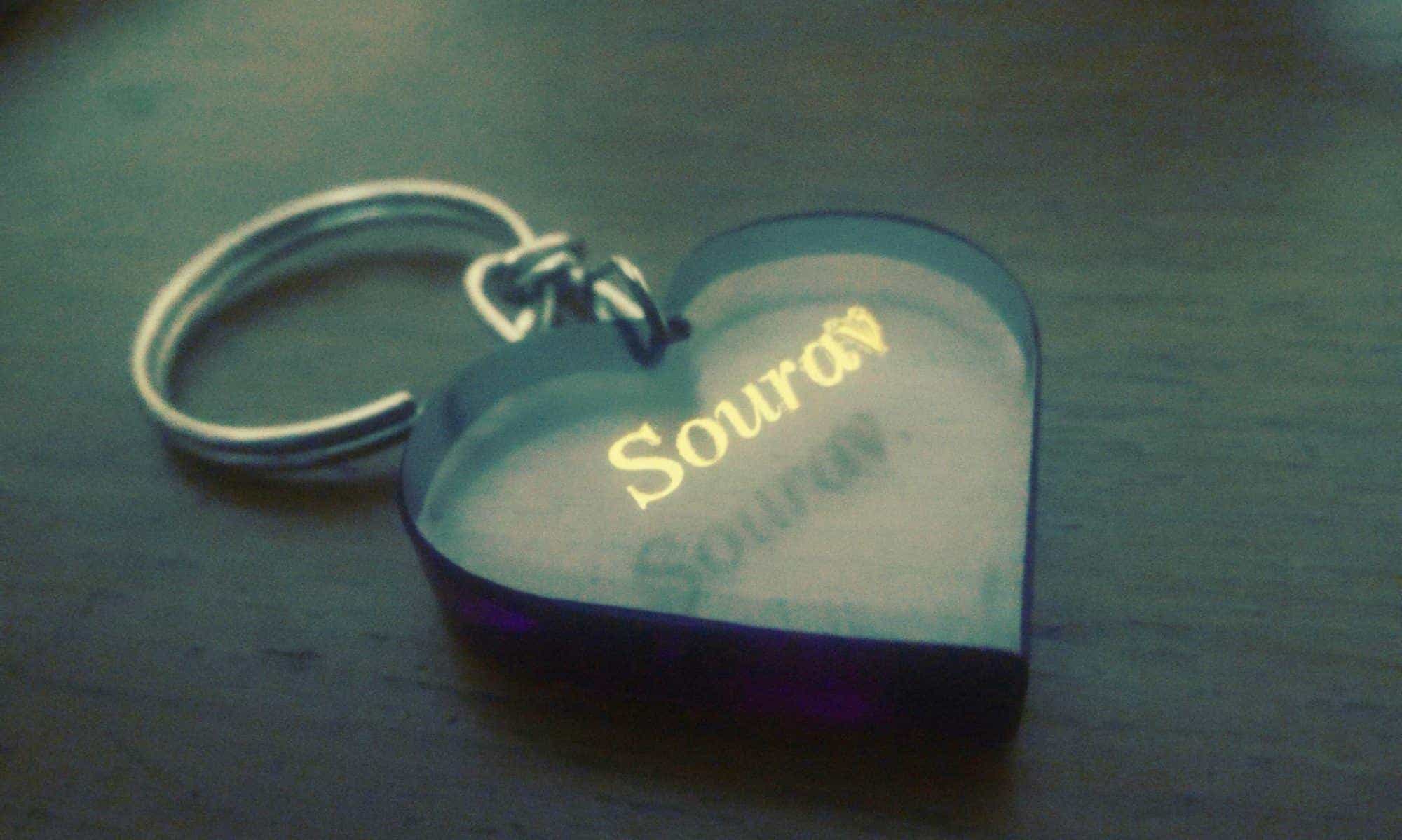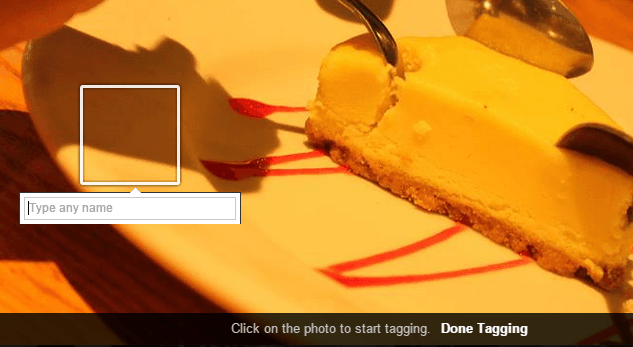Although the word “tagging” was not coined by social media, yet today it has become quite commonplace, thanks to the mass acceptance and popularity of sites like Facebook and Instagram. We take group photos, upload them on these sites, share them with out friends, but we don’t stop there. We tag the people in them!
Tagging ensures that our friends get to know that we have uploaded their photo, allows our own friends to recognise others and get to know whom we spent those awesome moments at the beach with. But it also serves another purpose – it gives us a larger audience who gets to see the photo on their news feed. And some of these strangers are sure to “like” and “comment”, aren’t they?
Let me elaborate a bit on how this works. If we share a photo without tagging our friends, it only appears on the news feeds of some of our friends. However, a photo with our friends tagged in it finds a place on the news feeds of our friends as well as those of the tagged friends.
This is what we end up exploiting in our mad craving for “like”s. We’ve all been there. We get a notification about getting tagged in a photo. On Facebook, the message clearly states:
Your friend XYZ posted a photo of you.
In great anticipation, we click (or to be device-neutral, tap) on that notification, only to be greeted by a photo that we don’t remember posing for. The reason is simple: we are not in it. Perhaps, the photo hasn’t even got to do anything remotely with us. So, why were we tagged in it? So that we check the notification and end up “liking”.
While this may be a great advertising idea, but let’s face it. None of us joined Facebook to see advertisements. So after a while, even the awesome click by my friend who may someday make a great career in photography, or the holiday picture of your old friend from school with her friends or family, may start to seem a bit annoying.
In my personal opinion, this abuse of tagging feature does not appear quite professional. Nor will it help our mutual friends once their accounts get locked out.

A usable workaround may be to tag selected friends in comments or even better to send them a private message. This would not only add a personal touch, but also allow us to know who are interested in getting notified and who are not. After all, we don’t want to get blocked by our friends or be labelled as annoying, do we? That doesn’t work well with our ego nor with the number of likes on our photos!


